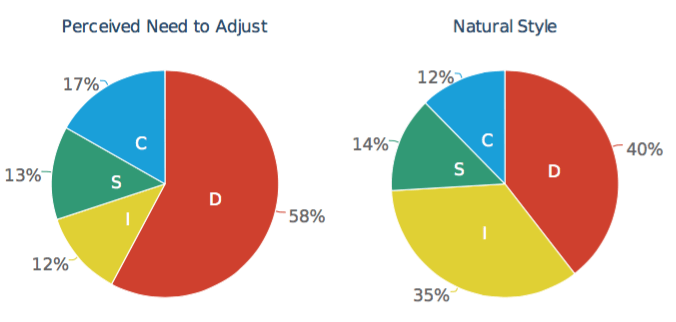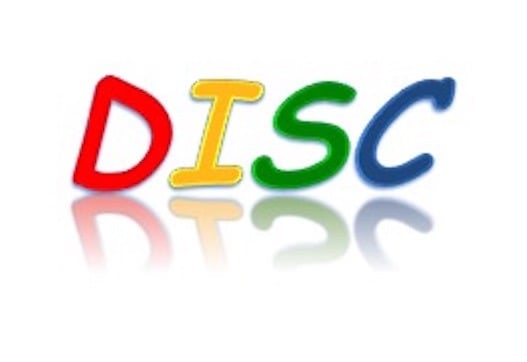
Introducing the DISC Style Charts
While we will continue to offer the Extended DISC Profiles and Diamond, we are happy to introduce a simple and new illustration of an individual’s styles: The DISC Style Charts.

While we will continue to offer the Extended DISC Profiles and Diamond, we are happy to introduce a simple and new illustration of an individual’s styles: The DISC Style Charts.
On Wednesday, July 13, 2016 from 10:00 AM – 10:30 AM CDT

Imagine the commanding Mercedes S600 sedan, with its powerful image of strength, control and authority.
Markku Kauppinen, President and CEO of Extended DISC NA, Inc. and Christina Bowser, Senior Trainer, share simple, yet powerful ideas on building DISC into the culture of your organization.

It is understanding that gives us an ability to have peace. When we understand the other fellow’s viewpoint, and he understands ours, then we can sit down and work out our differences.
How we do this depends on our DISC-Profile. D-styles are likely to be direct and will challenge the other person. I-styles may tell one of their stories to illustrate they are right. S-styles make up for their modest approach with persistency. C-styles have lots of facts to
The DISC-style distribution of the population is not static. Rather, the distribution of the DISC-styles changes over time. In the past, the S-styles used to be the largest percentage of the total population. Today, the I-styles have surpassed the S-styles because more than 40 percent of Millennials are I-style
You will quickly think to yourself, “she is a D-style” or “he is an S-style.” Individuals with one predominant style are fairly easy to identify.

Where everyone is increasingly frustrated as both sides keep talking? We all have. Interactions in a team or group is often diverse, involves different communication styles, and can take effort. You don’t always understand where your team members are coming from, what are they really asking you, and what their intentions truly
Only catch was they had to make decisions about which person to choose for their date even before seeing the person. Each contestant had a set of questions he/she wanted to ask to help to make the right choice. For example, “what is your favorite sports activity?”